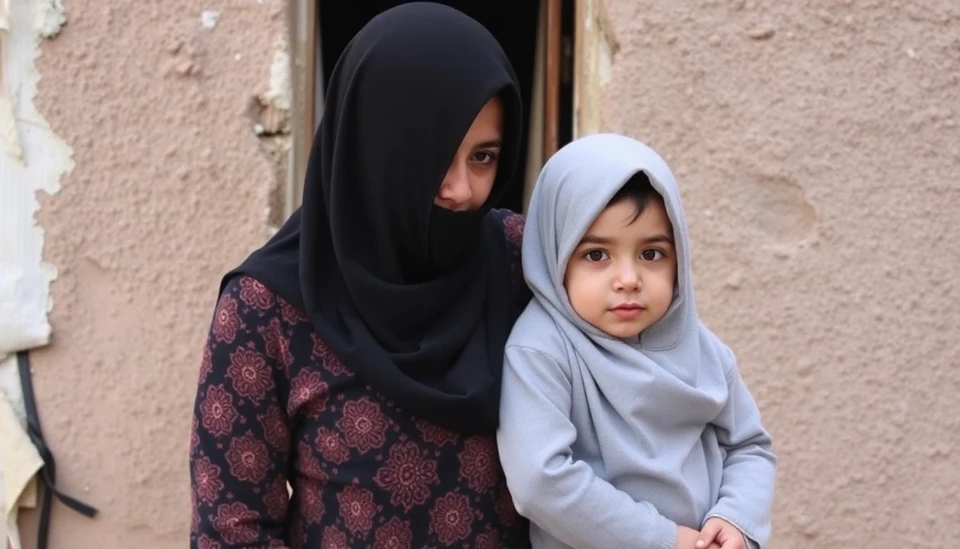
As the conflict in Syria extends into its thirteenth year, the fate of millions remains precarious. Among them are the Syrian refugees who have fled to Turkey, seeking safety and stability. While many have built new lives in their host country, the thought of returning home is fraught with uncertainty and challenges. Recent discussions around repatriation have reignited feelings of anxiety among this vulnerable population, as various factors complicate their return.
Turkey has become a haven for an estimated 3.5 million Syrian refugees, many of whom have managed to integrate into Turkish society. With some establishing businesses, securing employment, and enrolling their children in local schools, the refugees face a bittersweet reality. The sunny seaside cities, bustling markets, and vibrant communities have become their home, yet the longing for a homeland remains ever-present.
The plight of these refugees is deepened by political considerations back in Syria. Many individuals express concerns about the safety of returning home, citing fears of ongoing violence, political persecution, and instability. Regions that were once familiar terrains have turned into landscapes of conflict and uncertainty, making the idea of returning unappealing, if not dangerous.
Moreover, the Turkish government's stance on the repatriation of refugees adds another layer of complexity. While officials have made statements about the need for refugees to return to Syria, there is little assurance that appropriate conditions exist for a safe and dignified return. The infrastructure in many areas of Syria has been decimated, leaving economic opportunities limited and basic services disrupted. Under these circumstances, the possibility of returning to a destroyed homeland remains daunting for many.
As some Turkish officials push for increased repatriation amid rising anti-refugee sentiment in Turkey, the challenges facing the refugees only multiply. Many fear that escalating political rhetoric and societal pressure could lead to forced repatriation without adequate safeguards in place to ensure their safety and security. Individual stories of struggle highlight the emotional turmoil refugees face—nostalgic memories of the past collide with the harsh reality of their present circumstances.
Despite the challenges, some refugees, fueled by hope and a sense of responsibility, continue to contemplate their return. They yearn to rebuild their lives in a country where they had once thrived. However, supporting this transition requires international attention and commitment. Humanitarian organizations and international bodies must increase their efforts to advocate for conditions that would make returning feasible and safe for these individuals.
The internal dialogue among Syrian refugees in Turkey remains fraught with complexity: How can one feel at home in a place that is both a refuge and a constant reminder of what they've lost? As questions loom about the future of Syria and their place within it, the story of these refugees continues to unfold, reflecting a broader narrative of displacement and resilience.
In conclusion, while many Syrian refugees have found solace in Turkey, the uncertainty of their future—marked by the prospect of return versus the comfort of new beginnings—remains a poignant dilemma. It is critical to engage in conversations that provide clarity and support for their decisions, pushing for a world where all individuals can live without fear and with the possibility of a brighter future.
#SyrianRefugees #Turkey #Repatriation #RefugeeCrisis #HumanRights #Displacement #Migration #ConflictResolution #Resilience #Hope
Author: Rachel Greene




